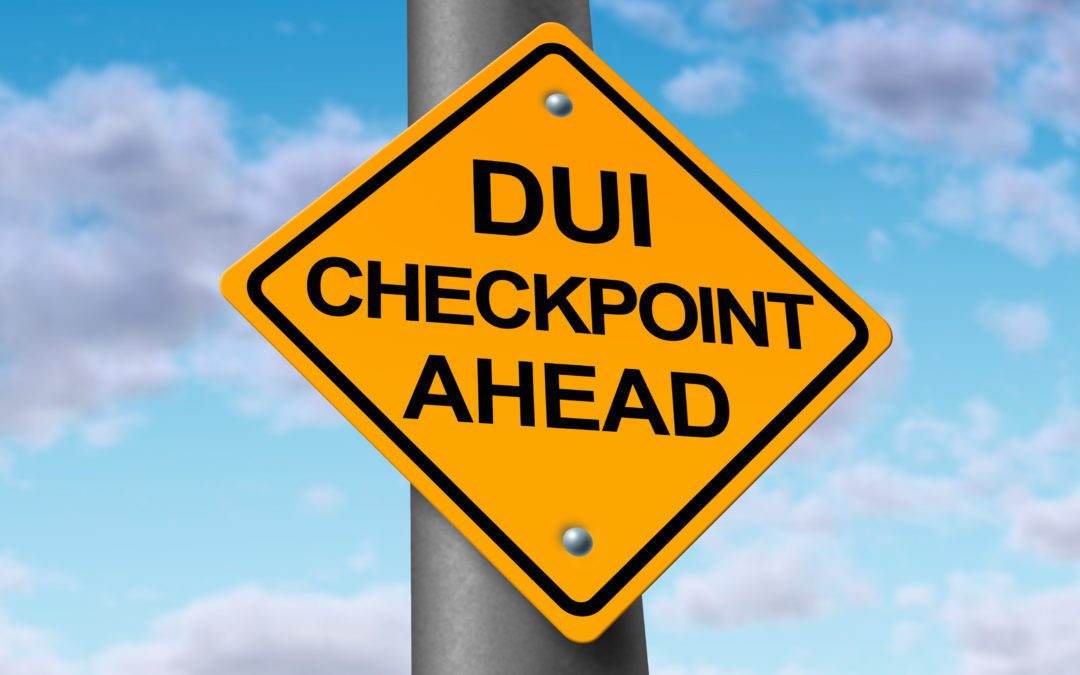If a police officer is asking you to take a breathalyzer test, how do you know that the test is accurate?
How do you know the officer is operating the test competently, or that the officer is not going to tamper with the result? Police, prosecutors, judges, and the law-and-order folks insist that breathalyzer tests are a wonderful, infallible tool to determine a person’s level of intoxication.
Do you believe that? How many people get charged with DUI because of poorly administered tests, flaws in the test itself, or even falsified test results?
Breathalyzer Tests Can Be Manipulated
The police, courts, and, of course, the companies that make breath tests present them as simple, straightforward, consistent, and accurate. But they are not.
For example, if you hold your breath even for a few seconds before blowing into a breathalyzer, you can get a significantly higher (and inaccurate) BAC than if you take a breath and immediately blow.
Why?
Two of the most important factors that determine how accurately a breathalyzer works are the temperature of your breath and your breathing pattern. When you hold your breath, the air warms up quickly in your lungs, and a higher temperature can skew the results of the test upward.
Unlike some breath test machines, the DataMaster machine used in SC does not measure the temperature of your breath – it assumes all breaths are a “normal” 92.3 degrees. This means if your breath temperature is higher than “normal” – if, for example, an officer told you to hold your breath before blowing – the result will be inaccurate.
Not only that, the last part of your breath is significantly warmer than the first, so blowing every bit of air out of your lungs can also skew the results. In fact, the last part of a breath can produce a result about 50 percent higher than your actual BAC, meaning if your actual BAC was .05, below the legal limit, the breathalyzer result could be .10, well over the legal limit.
That Last Breath…
To complicate and confuse the issue, the manufacturers advise officers to instruct suspects to blow until they use all their breath. Their reasoning is based on the biology of how the test works…
The breathalyzer does not actually test the level of alcohol in the blood (BAC). It tests the level of alcohol in the breath, and then converts that to what is supposed to be the level of alcohol in the blood using a one-size-fits-all conversion rate of 1:2100 – whether the actual conversion rate for any person is 1:1800 or 1:2500, your breath alcohol will be multiplied by 2100 to get an “average” BAC.
So, the instructions are to blow until the last breath is gone because it is the air in the alveolar sacs at the very bottom of the lungs where the breath’s contents (oxygen, alcohol) are transferred to the blood – without accounting for the higher temperature of that last breath and its impact on the result.
Other Breathalyzer Issues Around the Nation and World
Unfortunately, police misuse breath tests and the evidence they produce all around the US. Here are some other examples:
- In Massachusetts, the head of a state crime lab was fired after an investigation revealed he had withheld evidence from defense attorneys in thousands of DUI cases over a six-year period. The crime lab hid evidence of breathalyzer machines that failed to calibrate properly, meaning their results were not reliable. Hundreds of DUI convictions could be thrown out as a result.
- In New Jersey, a State Police sergeant was arrested and accused of deliberately skipping steps when calibrating breath test machines so they did not take breath temperature into account. More than 20,000 DUI cases could be affected.
- In Australia, authorities have revealed that Australian police faked more than 258,000 breath tests over a five and a half year period – thankfully, the results were not attributed to any suspects, rather they were faked so police could comply with quotas for breath-testing.
DUI Defense Lawyers in Myrtle Beach, Conway, Columbia, and Charleston, SC
If you submitted to a breathalyzer after a DUI stop in SC, you may have been surprised at the result.
Your DUI defense attorney can request a jury trial in your case, get the state’s evidence from the prosecutor, do an independent investigation to gather exculpatory evidence, review the videos, breath test results, and records for the machine that you were tested on, and retain breathalyzer or other experts when needed.
Call Coastal Law now to schedule a free case consultation by calling (843) 488-5000 or by contacting us through our website.


